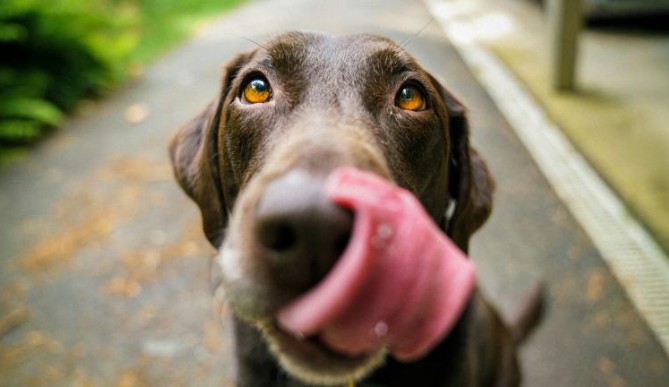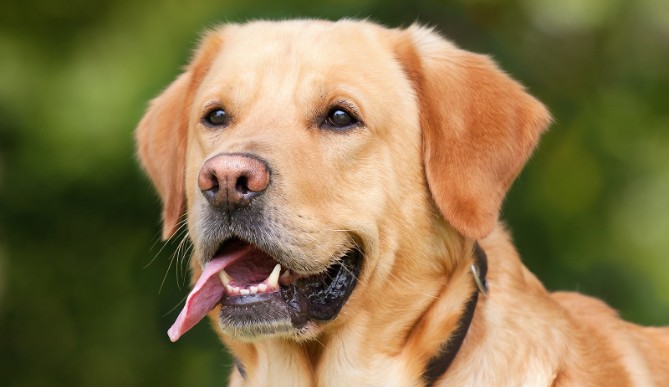Other Interdiciplinary Incentives
Keywords
Clinical Conditions
Equipment & Techniques
Science Culture
I am interested in how genetics alter the neural control of energy homeostasis. We study veterinary models of obesity to discover new genes linked to obesity and interrogate the mechanisms in which genetic variation can influence neural control of metabolism. Dogs are a good model organism for these studies because selective breeding has resulted an unusual genetic architecture which makes mapping disease associated loci remarkably tractable compared to in human populations. We study pet dogs and use comparative genomics to identify obesity genes. The mechanism of action and physiological consequences of variants of interest are tested in the lab in cellular models, and at a whole-dog level by examining their effect on eating behaviour and physiology. Our recent work extends into production animal models of obesity too. In all our work, we focus on translating the discoveries in dogs into relevance to human biology. We have strong collaborations with human geneticists and follow up our genetics findings in the molecular biology lab to determine the consequences of the mutations and genes we discover. In a parallel stream of work, I collaborate with Dr Valdas Noreika from QMU to invesgitate the neural basis of interspecies communication using EEG in dogs and humans. I am a veterinary surgeon with specialist clinical qualifications in small animal medicine. I am based at PDN but have strong links with the Institute of Metabolic Science.

Researchers at the University of Cambridge have discovered genes linked to obesity in both Labradors…

New research finds around a quarter of Labrador retriever dogs face a double-whammy of feeling…
